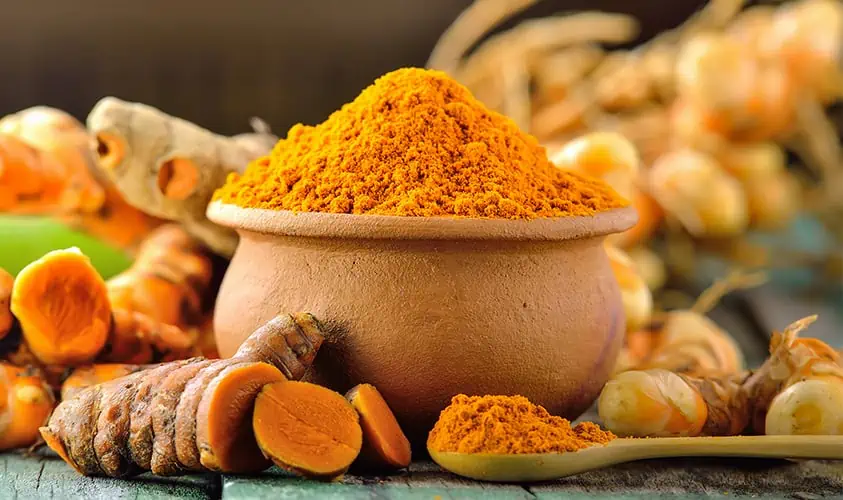Curcumin is best known for its anti-inflammatory and anti-cancer properties.
Interestingly, research has identified added benefits for curcumin, specifically for the brain. In animal and human studies, curcumin has been shown to:• Form new neurons in the hippocampus.
• Improve performance on memory tests.
• Reduce neuroinflammation.
• Protect against memory loss.
Increasing Curcumin Bioavailability
Curcumin is the main active ingredient in the spice turmeric. It has potential benefits in combating a range of conditions such as diabetes, arthritis, cancer, and cardiovascular disorders. But curcumin itself has poor bioavailability. Only a small fraction of the amount consumed is absorbed into the bloodstream. And most of it is metabolized in the body into other compounds or eliminated from the body. Curcumin’s use for brain disorders is also hindered by its limited ability to cross the blood-brain barrier. Scientists have discovered a way around these problems. They found that supplementation with curcumin combined with galactomannans from the herb fenugreek
resulted in levels of free curcuminoids in the blood up to 45.5 times greater compared to standard curcumin alone. This curcumin-galactomannan complex is able to easily cross the blood-brain barrier to deliver more curcuminoids than unformulated curcumin.A 2021 animal study shows that this curcumin galactomannan complex delivered more curcuminoids to the brain’s hippocampus than unformulated curcumin. The hippocampus is a region of the brain that has a major role in learning and memory.Protecting the Brain with Curcumin
Curcumin is an active compound in turmeric, the spice. It has potent anti-inflammatory, antioxidant, and anticancer properties.By reducing inflammation, oxidative stress, and the buildup of toxic proteins, curcumin may prevent cognitive decline.Lab and animal research shows this compound may also reduce damage from strokes, prevent Parkinson’s disease, relieve symptoms of multiple sclerosis, and ease diabetic neuropathy.Combining curcumin with a fiber called galactomannans makes it up to 45.5 times more bioavailable than standard curcumin. It can also more easily pass through the blood-brain barrier, enabling it to exert its neuroprotective effects.
